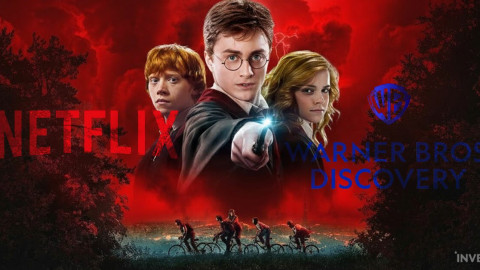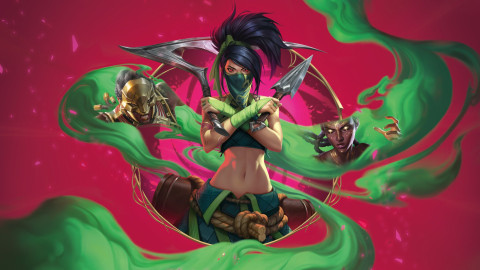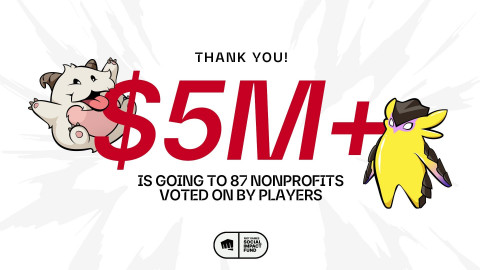
Valorant’s first LAN has been making the news this week, with the lul in League of Legends and some tier 2 CSGO action providing the perfect time for Riot’s new title to flourish. With the first true international LAN now underway in Reykjavik, Iceland, we are starting to see the potential of the game on twitch, with the early days of the event already peaking at 750k concurrent viewers across multiple streams.
According to Esports Charts (ESC), May 25 saw the live event peak at 747,053 viewers, with game one of Version1 vs Team Liquid the game that saw the absolute pinnacle in terms of viewer numbers. With the match being the first real meeting between EU and NA, it was logical that it should draw a large audience, and Riot’s intelligent use of co-streamers has only allowed them to accelerate the growth of the viewing audience.
By comparison, the recent Mid Season Invitational in League of Legends peaked at around 1.8m views, according to ESC, with the recent NA Valorant qualifiers for Iceland reaching around 230k. CSGO’s Dreamhack Masters event, that just finished on the 9th of May, reached around 550k at peak, with the record peak for Valve’s tactical FPS being over 1m for the ELEAGUE Major back in 2017..
With the likes of Shroud, TSM Myth, Pokimane and Ninja signed up to stream at least part of the event on their own channels, it’s obvious that Riot have gone out of their way to secure the best talent. Shroud himself was the top streamer in the Valorant tab for the V1 v Liquid game, outstripping the official stream, and no doubt bringing in new viewers that would not have watched the event without the frame their favourite streamer provides.
This represents a great success, although Riot would probably have preferred not to lose hours of play to technical pauses given they are running a LAN event and are the only T1 publisher to have continued during COVID. The issues can be explained by the company having to operate outside of the arena they traditionally use for major events, but still looks amatuer for what is an otherwise impressive setting for the play.
What is more impressive is the fact that, according to the world’s premier esports consultant Rod ‘Slasher’ Breslau none of the big names picked to co-stream are being financially rewarded for their time, at least by Riot. This shows that the biggest channels on Twitch are so keen to work on this new product that they are willing to do it for free, albeit with the caveat that it will bring in a lot of views and requires them to do nothing more than sit in a chair and occasionally eat a surprise sandwich brought by a bra-less wife.
The streamers are allowed to monetize on their own channels, of course, making for a symbiotic relationship that works well at present, but might not last. Riot has tested the waters already, and will probably look to go in-house in the future once they have ironed out their plans for an esports circuit and can run events more regularly with the easing of travel restrictions.
While this works well for Valorant, much of the success relies on being able to secure the biggest streamers for a game without an existing audience, and the fact that it is Riot themselves who are giving rights away. Comparisons to CSGO streamers wanting to co-stream events run by TOs such as ESL or FACEIT are wide of the mark, due not only to the size of the streamers, but also the way broadcast rights work for first (Riot) versus third (ESL, etc.) parties.
Sort by:
Comments :0






